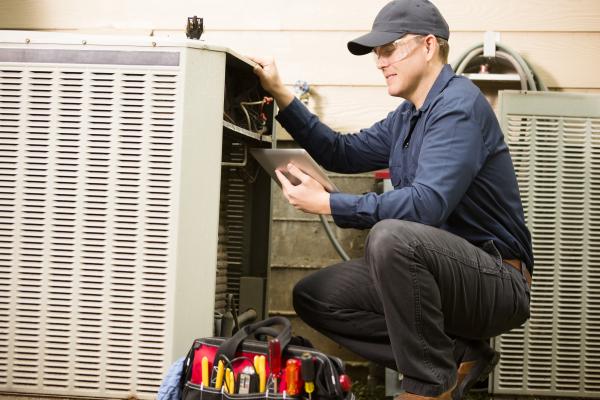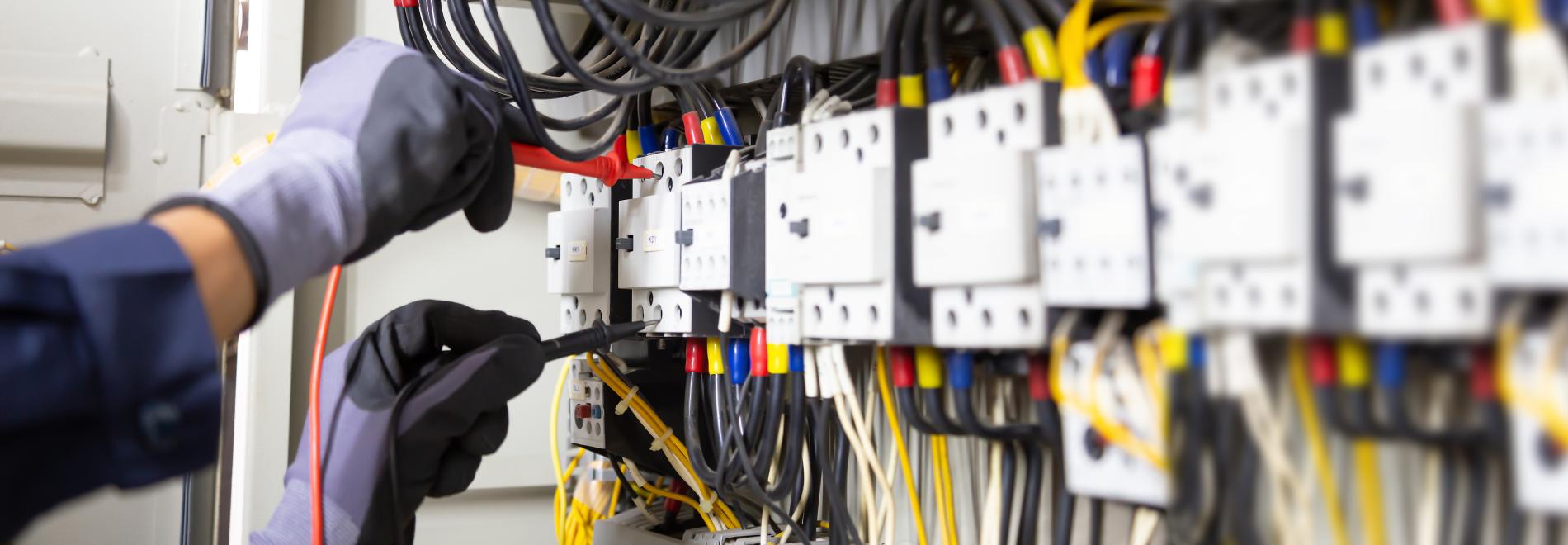“Without a concerted effort to attract and train new talent, the industry will struggle to address both emerging needs and the replacement of outdated systems.”
Some jobs will always be in need, no matter how advanced technology becomes. Tradesperson falls into that category.
Only a specialist can make a difference when an HVAC system is underperforming at the height of summer heat. If an electrical system needs to be done correctly, you need someone who knows how everything works.
Statistically speaking, the trades will be in desperate need of workers in the coming years. Francis Tuttle Technology Center is taking action now to help prevent a workforce shortage.
“Currently, around 40% of electricians and HVAC technicians are aged 55 or older, with many nearing retirement,” Carl McPherson, Program Developer at Francis Tuttle Workforce and Economic Development, said. “Over the next decade, a significant workforce gap will continue to grow if younger workers are not recruited to meet the growing demand for these professionals.”
Francis Tuttle is launching a selection of four-week classes that can get someone started in the HVAC or electrician trade. Each class meets twice a week over the course of a month and trains on an aspect of that trade.
McPherson is putting the class series together. He said anyone who completes the first class in either track will be skilled enough to gain an entry-level position and earn hours toward their journeyman’s license as an apprentice.
Classes will occur in the evening, which should help students maintain their current jobs. Some classes will also help those already in the HVAC or electrician trade gain additional skills.

Encouraging people to work in the trades is important for maintaining infrastructure. As HVAC units and electrical systems age, they must be repaired or updated.
New builds will need their own systems, and a lack of tradespeople could mean aging systems that present a financial burden or even a safety issue.
“This need extends to new construction and the critical replacement and maintenance of aging infrastructure,” McPherson said. “Without a concerted effort to attract and train new talent, the industry will struggle to address both emerging needs and the replacement of outdated systems.”
